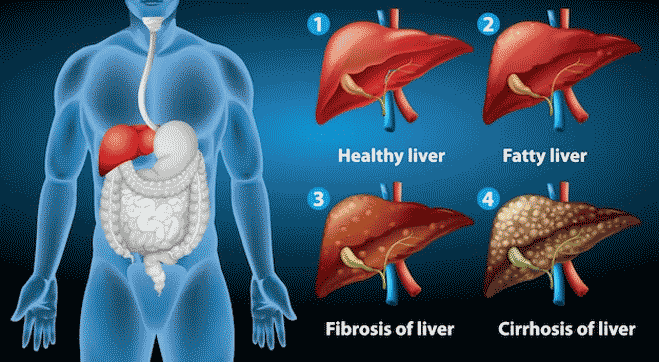A liver function test (LFT) is a blood test that evaluates the function of your liver, which can essentially reveal if there are any issues with normal liver function. The LFT blood test includes albumin, total protein, ALP (alkaline phosphatase), ALT (alanine transaminase), AST (aspartate aminotransferase), GGT (gamma-glutamyl transferase), bilirubin, Lactate dehydrogenase (LDH), and Prothrombin time (PT).
If your LFT test results are abnormal, your doctor may order further testing to investigate the cause. It is essential to discuss your LFT results with your doctor to understand what they mean and whether further testing is required.
Types of Liver Function Tests
Liver function tests, including albumin, test protein, ALT, AST, ALP, GGT, bilirubin, LDH and PT, evaluate protein, liver enzyme and substance levels in the blood to assess liver health and diagnose conditions such as inflammation, damage, or obstruction. Abnormal results may indicate a variety of liver disorders, which prompt further investigation by your doctor.
- Albumin Test: Assesses the liver's ability to produce this protein, which is essential for maintaining blood volume and transporting substances.
- Protein Test: Measures the overall protein content in your blood, including albumin and globulins.
- Alanine Aminotransferase Test (ALT): Measures the levels of ALT, an enzyme found in liver cells. High levels can indicate liver damage or inflammation.1
- Aspartate Aminotransferase Test (AST): Assesses the levels of AST, an enzyme present in the liver and other organs. Improved AST levels may indicate liver damage, but it is also found in other tissues.
- Alkaline phosphatase Test (ALP): Measures the amount of ALP in your blood. Abnormal levels of ALP may suggest liver or bone problems. 2
- Gamma-Glutamyl Transferase Test (GGT): Measures the amount of GGT in the blood. It is an enzyme mostly found in the liver, although it is present throughout the body. High levels of GGT can indicate liver disease or bile duct problems. 3
- Bilirubin test: Measures bilirubin levels, a yellow substance produced when your body breaks down old red blood cells. Higher bilirubin may indicate liver dysfunction or bile duct problems. 4
- Lactate dehydrogenase Test (LDH): Measures levels of this enzyme, which can indicate liver damage or disease.
- PT (Prothrombin time): Evaluates the liver's ability to produce clotting factors necessary for blood clot formation.




























